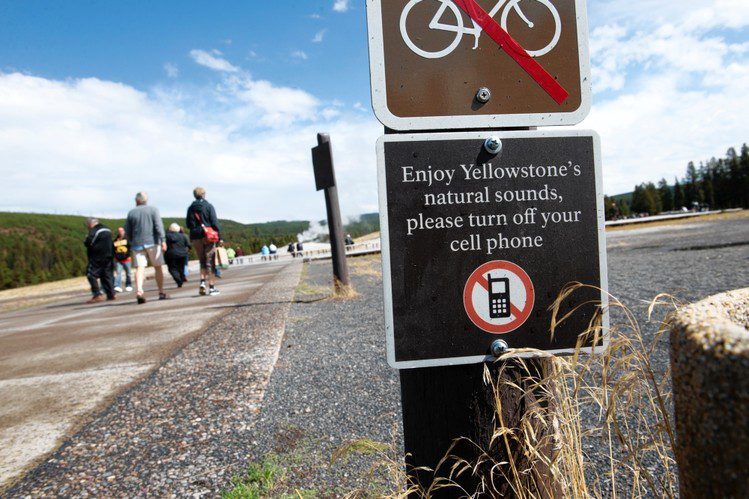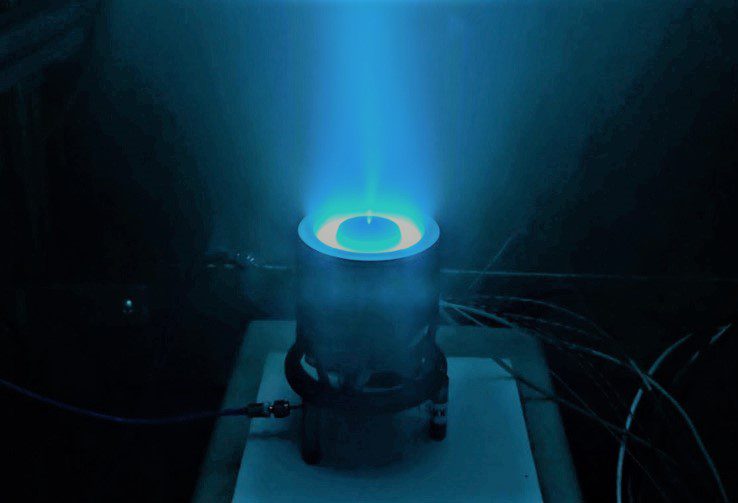Propping Up Science in Government
 During the Trump administration, it became apparent that the few policy guardrails left in place to protect the work of scientist were no match for an administration hell-bent on destroying environmental and public health protections.
During the Trump administration, it became apparent that the few policy guardrails left in place to protect the work of scientist were no match for an administration hell-bent on destroying environmental and public health protections.
That is why President Biden signaled, soon after taking office, that strengthening the scientific integrity policies of federal agencies would a top priority of his administration. However, a January report from the Biden Scientific Integrity Task Force contains few meaningful suggestions for protecting the work of scientists.
In comments to the task force on that report, we laid out specific items that should be included in all agency scientific integrity policies. These items include processes for:
-
- Investigating and adjudicating allegations of scientific misconduct and, when allegations are sustained, punishing violators;
- Allowing federal scientists to publish, lecture, or give interviews with few restrictions, as well as new rules to prevent agencies from hiding scientific studies by keeping them in “draft” form; and
- Establishing legal protection for scientists facing retaliation due to the policy implications or controversial nature of their research.
Until new laws are enacted to anchor the accuracy of scientific information and shield researchers from reprisal, the integrity of government science will remain at the mercy of the political winds. This was not just a problem with the Trump administration. The problem has always had bipartisan roots – when scientific work contradicts the political agenda of the day, scientists and science often suffer.
The Task Force is expected to publish a framework to guide the development of agency scientific integrity policies this spring. We will be working to make sure this framework contains meaningful reforms and that scientists are protected in their work.

Learn more about our efforts to map filing public land health standards across the west in this short three-minute video featuring PEER’s Rocky Mountain Director Chandra Rosenthal. Visit Mapping the Range»

The National Park Service is no longer required to inform the public about applications for new cell towers or provide basic information about visual impacts or signal strength. PEER is asking the new NPS Director Chuck Sams to review the Trump midnight changes and to restore public participation and transparency to the process Read More»

In a win representing years of effort from PEER and many other NGOs, The United Nations adopted a provision to phase out the use of mercury as a satellite propellant by 2025. PEER’s request that the Federal Communications Commission conduct environmental review before approving communication satellite “megaconstellations” was the first public acknowledgment of the potential large-scale revival of mercury in outer space. Read More»